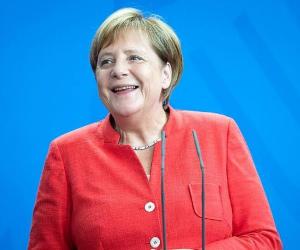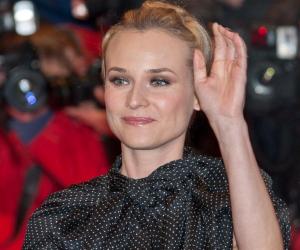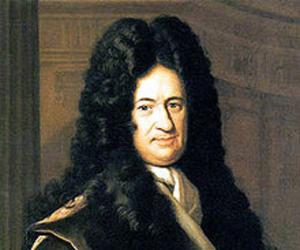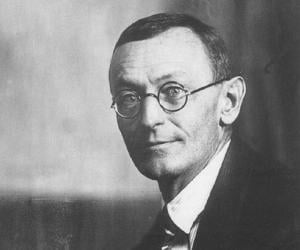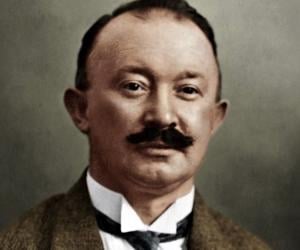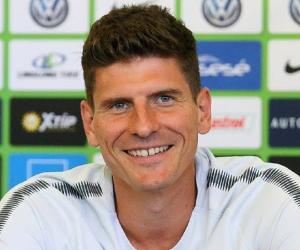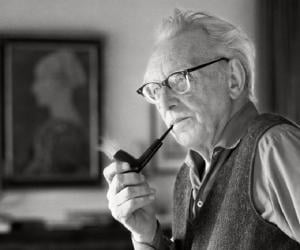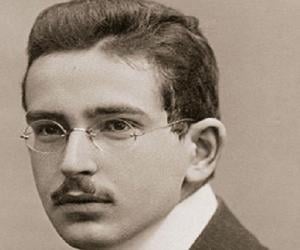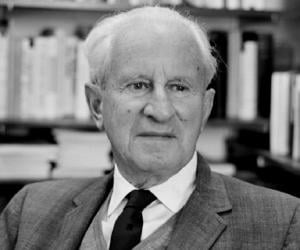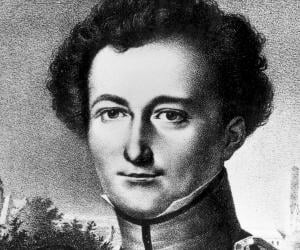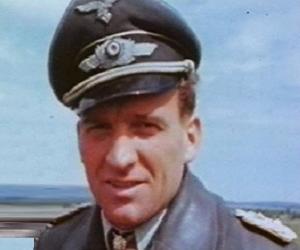The current chancellor of Germany, Angela Merkel is widely described as the world's most powerful woman. Also considered the de facto leader of the European Union (EU), Angela Merkel has played an important role in strengthening international trade agreements. In 2020, she was named in Time magazine's list of 100 Most Influential People.
An aspiring ballerina, Diane Kruger, turned towards modelling after an injury and eventually made her way into the world of acting. The German-American actress bagged limelight with the movie Troy and later cemented her position with an acclaimed film performance in Inglourious Basterds. Her other notable works include drama series The Bridge and movies National Treasure and In the Fade.
Widely considered one of the greatest drivers in Formula One history, Sebastian Vettel holds a number of records, including most podium finishes and most consecutive race wins. Sebastian has a unique habit of naming his cars as he feels it is important to share a close relationship with the cars that he drives.
German-born Swiss poet, novelist, and painter Hermann Hesse received the Nobel Prize in Literature in 1946. He explored individuals’ search for authenticity, self-knowledge, and spirituality in his works. An intense and headstrong person from childhood, he developed an early interest in reading. He started writing as a young man and became an influential author in the German-speaking world.
German footballer Serge Gnabry was scouted by VfB at age 12. Though he also excelled in track and field, too, he later chose football. At the 2016 Olympics, he helped Germany win the silver and was also the joint top-scorer. He is part of the philanthropic initiative Common Goal.
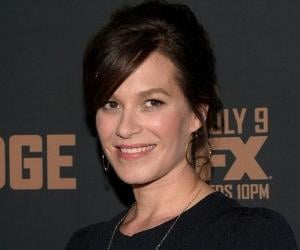
Franka Potente is a German actress who took the entertainment world by storm with her performance in her debut film, After Five in the Forest Primeval, for which she won a Bavarian Film Award for Best Young Actress. After establishing herself in her native country, she moved on to Hollywood, appearing in multiple popular films.
Hugo Boss was a German businessman and fashion designer. He is credited with founding one of the most popular fashion houses in the world, Hugo Boss AG. Apart from maintaining his business endeavors, Hugo Boss was also a member of the Nazi Party and remained loyal to the ideology of Adolf Hitler's Nazi Germany.
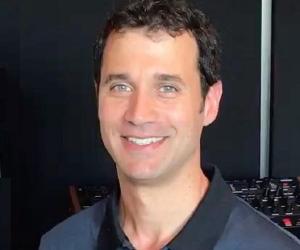
Mario Gómez is a German former footballer who played for the Germany national football team between 2007 and 2018, during which he represented Germany in two FIFA World Cups and three UEFA European Championships. He was also an important member of the popular club Bayern Munich as he helped the team secure several trophies, such as the UEFA Champions League.
German composer Carl Orff is remembered for his work in operas and his innovative music education system, which relied on group exercises and playing percussion instruments. A man who had started training in music at 5, Orff later co-founded the Günther School to impart lessons in dance, music, and gymnastics.
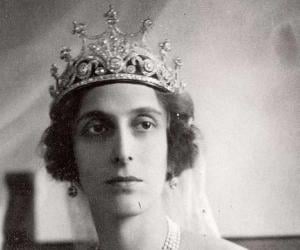
Walter Benjamin was a German Jewish essayist, philosopher, and cultural critic. An eclectic thinker, Benjamin made significant contributions to literary criticism, aesthetic theory, and historical materialism. Although Benjamin's work did not earn much recognition during his lifetime, it continues to be revered by academics several years after his death.
Jürgen Klinsmann is a German football manager who guided the German national team throughout the 2006 FIFA World Cup, helping them finish third. A former player, Klinsmann helped the West German team win the 1990 World Cup. One of Germany's main strikers during the 1990s, Jürgen Klinsmann was named in Pele's FIFA 100 list in 2004.
The proponent of the Frankfurt School of critical theory, Herbert Marcuse largely influenced the leftist student revolts of the 1960s. Equipped with a PhD in German literature, he wrote Hegel’s Ontology and the Theory of Historicity, with Martin Heidegger. His Eros and Civilization spoke at length about capitalism.
Carl von Clausewitz was a Prussian military theorist and general. As a theorist, Clausewitz stressed the political aspects of war. His book Vom Kriege, which talks about military strategy, has been very influential despite the fact that it was unfinished at the time of his death. His ideas also influenced personalities like Karl Marx, Mao Zedong, and Leon Trotsky.
Nazi World War II pilot Hans-Ulrich Rudel hated academics but loved skiing as a young man. He is believed to have destroyed 519 Soviet tanks and even got a leg amputated. Post-war, he went to Argentina briefly, wrote books, and also became an entrepreneur after returning to Germany.
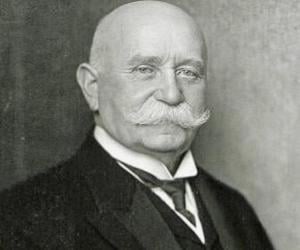
German general and inventor Count Ferdinand von Zeppelin is best-remembered for inventing the Zeppelin rigid airships and pioneering development of rigid airships during early 20th century. Zeppelin eventually founded the German aircraft manufacturing company called Luftschiffbau Zeppelin that played an instrumental role in the design and manufacture of rigid airships and emerged as the leading manufacturer of large lighter-than-air vehicles.
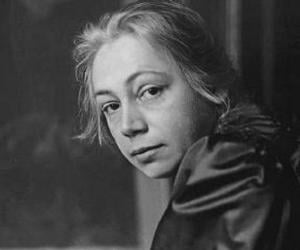
Noted for series like Weavers’ Revolt and Peasants’ War, sculptor and graphic artist, Käthe Kollwitz, came in contact with the urban poor when she moved into Berlin's working class area. Touched by their plight, she soon started portraying them through her etchings, lithographs, woodcuts, and drawings, quickly becoming a powerful advocate for those suffering from social injustice, war, and inhumanity.
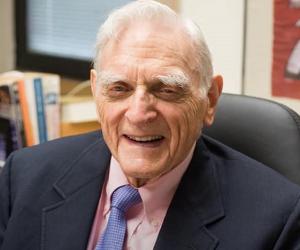
John B. Goodenough is an American solid-state physicist and materials scientist. He is credited with developing the lithium-ion battery. In 2019, he became the oldest person to receive a Nobel Prize when he was honored with the prestigious award for his work on lithium-ion batteries. He is also a recipient of the Copley Medal and the National Medal of Science.

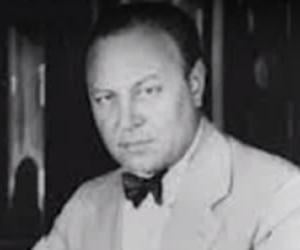
Emil Jannings was a German actor who became the first recipient of the Academy Award for Best Actor. He was born in Switzerland but moved to Germany as a young child. He began his career as a theater actor and enjoyed tremendous success. He later ventured into films and became a popular figure in Hollywood in the 1920s.
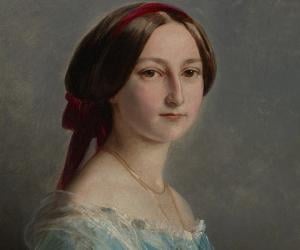

Stefanie Küster is a German dancer and model. In the 2000s, Küster achieved popularity for her relationship with Dieter Bohlen, who is 25 years her senior. She then went on to appear in magazines like Playboy and also featured in several music videos.
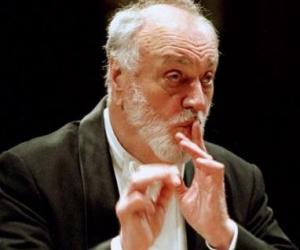

German record producer Frank Farian founded iconic pop groups such as Boney M. and No Mercy. He was accused of showcasing attractive dancers as members of Milli Vanilli, while others had actually sung the songs. He has also been associated with groups such as La Bouche and Eruption.

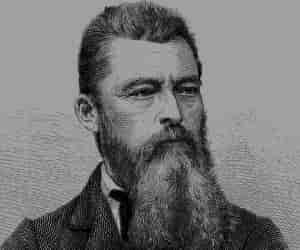
Ludwig Feuerbach was a German philosopher and anthropologist. He is best remembered for his work, The Essence of Christianity, which strongly influenced generations of future thinkers like Karl Marx, Charles Darwin, Friedrich Engels, and Sigmund Freud among others. Ludwig Feuerbach advocated atheism and his thought was influential in the progression of historical materialism.
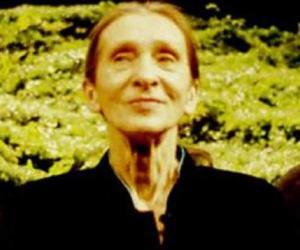
Pina Bausch was a German dancer remembered for her contribution to a neo-expressionist dance style which came to be known as the German Tanztheater. Bausch was also a choreographer and is credited with establishing the Tanztheater Wuppertal Pina Bausch. Bausch's works had a major influence on celebrities like David Bowie. She won many prestigious awards, including the Europe Theatre Prize.
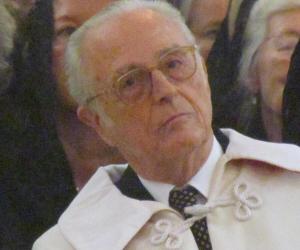
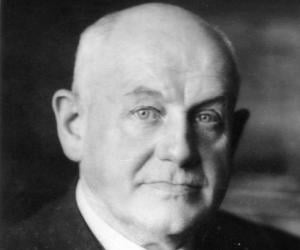
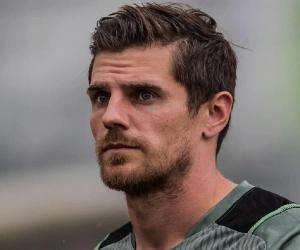
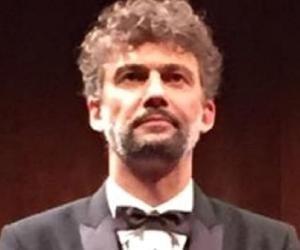
German opera tenor Jonas Kaufmann is best known for his versatility. Born to music lover parents, he grew up listening to his father’s collection of classical music. Dropping out of a math course in university, he opted for music instead. He is best known for his performance in Don Carlos.
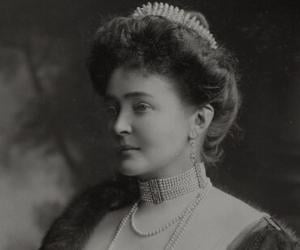
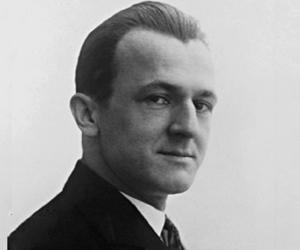
German Expressionist artist George Grosz, later a naturalized US citizen, is most noted for his caricatural drawings and paintings of Berlin life. A leading member of the Berlin Dada and New Objectivity groups during the Weimar Republic, Grosz later departed from his earlier style and subjects and taught at the Art Students League of New York for several years.
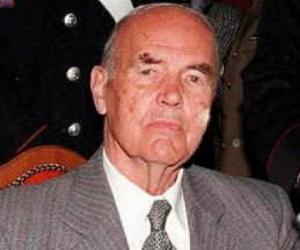
SS captain Erich Priebke made headlines when he was sentenced to life imprisonment for killing 335 boys and men in groups of 5, at the Ardeatine Caves in Italy. He eventually died of old age in house arrest at age 100, and was the oldest surviving Nazi war criminal back then.
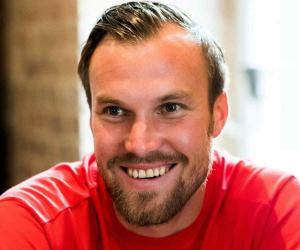
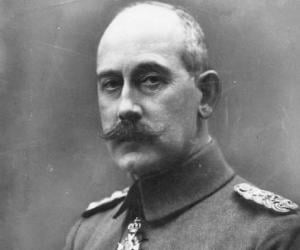
Prince Maximilian of Baden was a German politician and general. Maximilian, who belonged to the German aristocracy, was the last chancellor of the German Empire. He also played an important role in the events leading up to the creation of the Weimar Republic.
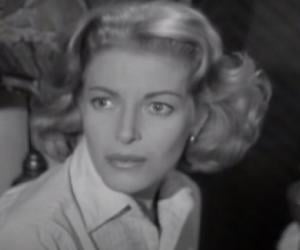
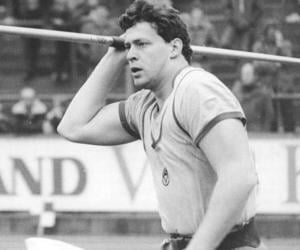
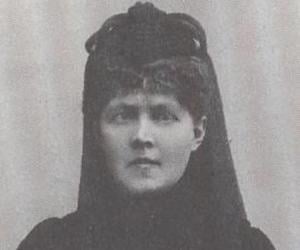
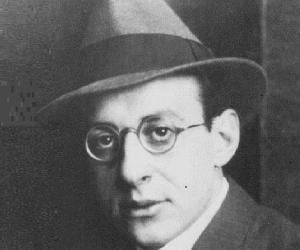
Fritz Perls initially fought in World War I, following which he treated brain injuries of soldiers. He was later drawn to Freudian psychoanalysis. During World War II, he was the psychiatrist for the South African military. His Gestalt therapy, which he co-created with his wife, Laura, redefined psychology.

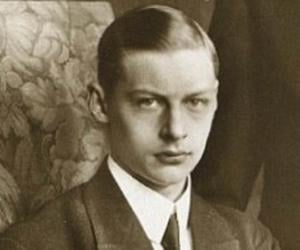

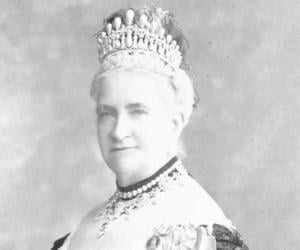

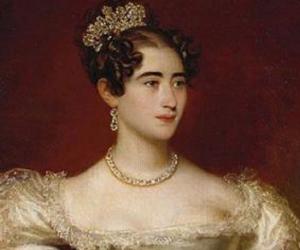
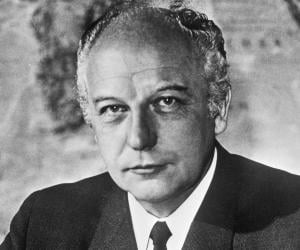
Walter Scheel was a German politician who led the Free Democratic Party of Germany (FDP) between 1968 and 1974. He also served as vice-chancellor and minister of Foreign Affairs from 1969 to 1974 during Willy Brandt's chancellorship. When Willy Brandt resigned in 1974, Walter Scheel served as the acting chancellor of West Germany for a few days.
